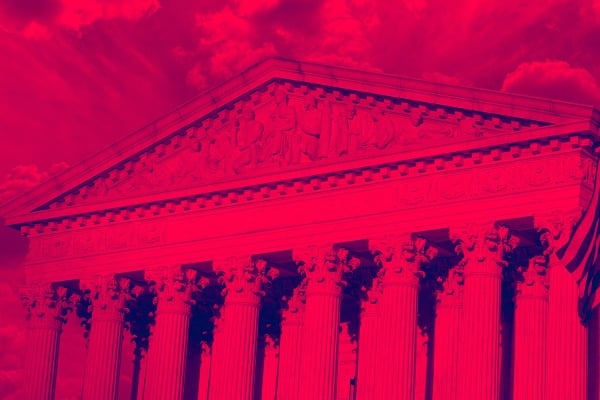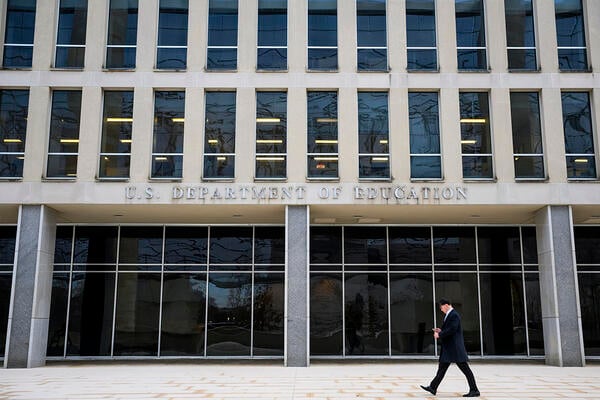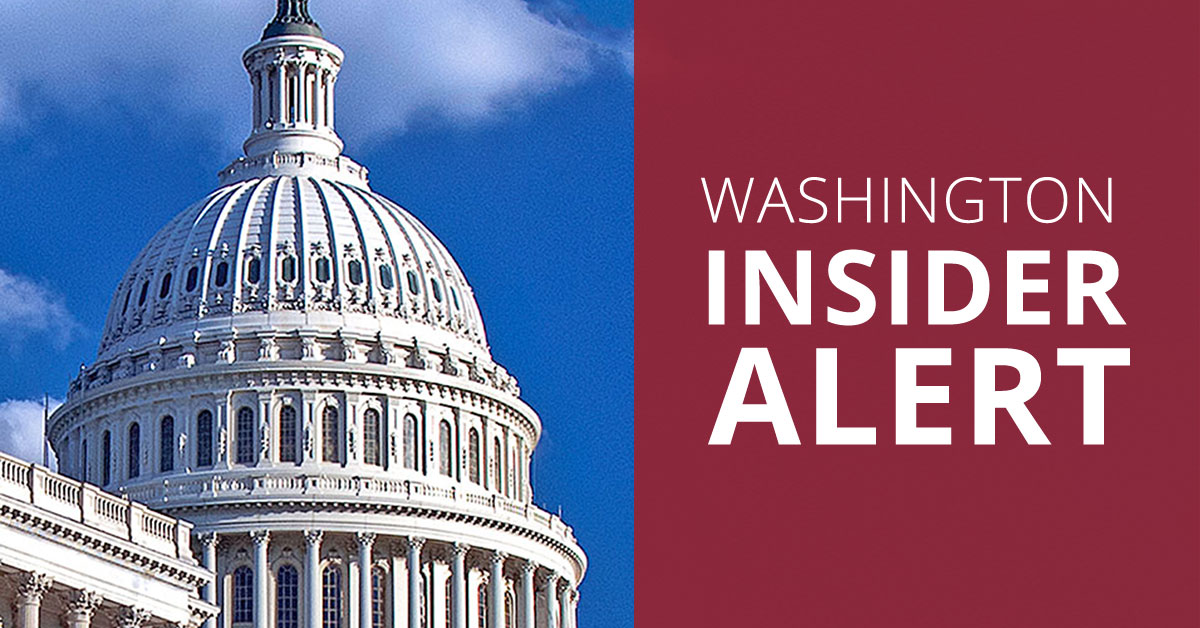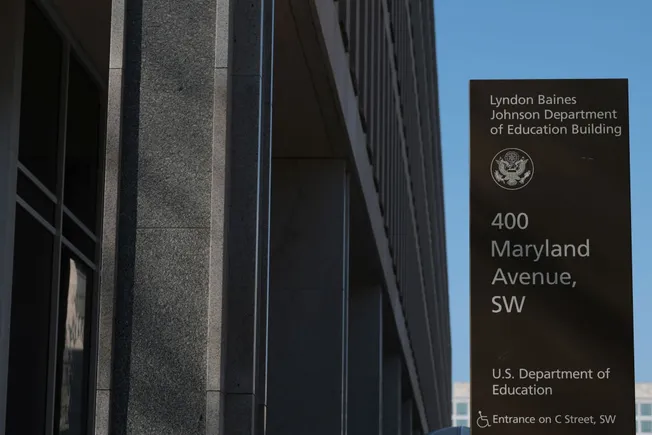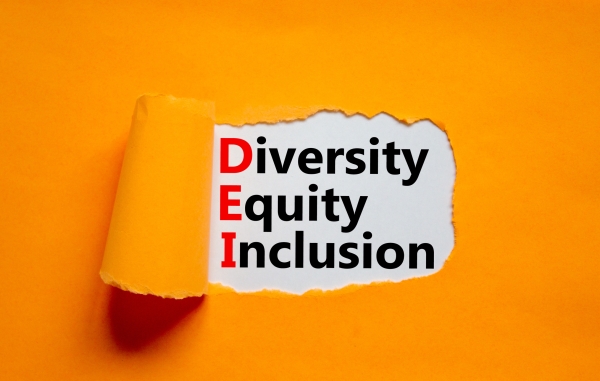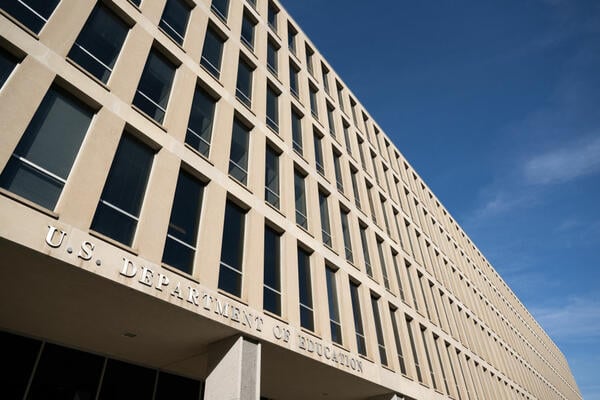On Valentine’s Day, the Trump administration surprised schools and colleges with its newest attack on DEI and student body diversity. The U.S. Department of Education’s Office for Civil Rights released a Dear Colleague letter that warned schools and colleges that they may lose federal funding if they discriminate on the basis of race.
This letter revealed novel, unsupported legal theories regarding the application of federal civil rights laws to schools and colleges. In fact, OCR’s letter sweeps so broadly that it claims to prohibit certain considerations of race that remain perfectly legal under well-established legal doctrine.
While the threat of losing federal funding has been a facet of Title VI of the Civil Rights Act since its passage in 1964, the letter specifically takes aim at DEI programming as well as the use of “race as a factor in admissions, financial aid, hiring, training, and other institutional programming.”
Although the letter includes some correct statements of nondiscrimination law, OCR makes assertions that are troubling and unsupported by sound legal reasoning. As part of the team that wrote OCR’s guidance on this very issue in the wake of the Supreme Court’s ruling in Students for Fair Admissions v. Harvard, I am disturbed by how politics is driving policy guidance that will hurt educational institutions and students from kindergarten through college.
In describing the scope of SFFA, OCR’s latest guidance attempts to smuggle in a legal standard that appears nowhere in the court’s opinion. The letter states, “Relying on non-racial information as a proxy for race, and making decisions based on that information, violates the law … It would, for instance, be unlawful for an educational institution to eliminate standardized testing to achieve a desired racial balance or to increase racial diversity.”
Here, OCR baselessly claims that not only can colleges not consider race as a factor in admissions, they also cannot make race-neutral changes to admissions policies that help increase student body diversity—such as eliminating standardized testing. That claim falls firmly outside not only the bounds of SFFA but also the decades of Supreme Court case law that precede it.
In Grutter (2003), Justice Sandra Day O’Connor considers whether the University of Michigan Law School could use a lottery system for admissions. In Fisher (2016), Justice Anthony Kennedy implicitly approves of the Texas top 10 percent plan, perhaps the most well-known race-neutral strategy to increase racial diversity. And in SFFA (2023), the plaintiff’s briefs themselves include endorsements of possible race-neutral alternatives Harvard could have legally pursued such as adopting socioeconomic preferences in admissions.
Yet in its most recent letter, OCR attempts quite the head fake in its declaration that SFFA dictates that schools and colleges must abandon race-neutral strategies meant to increase student body diversity. While in reality SFFA says nothing about the permissibility of these race-neutral strategies, a separate line of cases tackles these legal questions head-on—and contradicts the Trump administration’s unfounded guidance.
In Coalition for TJ, Boston Parent Coalition and other recent cases, groups similar to Students for Fair Admissions have challenged changes to admissions policies of prestigious, selective high schools that were adopted in part to increase student body diversity. In some cases, the schools reconfigured weighting for standardized tests; in others, schools guaranteed that each feeding middle school gets a certain number of seats. In all of the cases, the school districts won. The position now advanced by OCR in its recent letter has failed to find footing in two courts of appeal. And just last year, the Supreme Court declined to further review the decisions in TJ and Boston.
What OCR attempts to do with its letter is extraordinary. It tries to advance a legal theory with support from a Supreme Court case that says nothing about the matter. At the same time, OCR ignores recent judicial opinions in cases that directly address this question.
Regardless of how legally infirm OCR’s proclamations are, schools and colleges will likely feel forced to comply. This could mean that the threat alone will lead schools and colleges to cut efforts to legally pursue racially diverse student bodies and racially inclusive campus environments. As a result, our nation’s classrooms and campuses will unfortunately look less like the communities that they sit in and serve, all because of shoddy policymaking and legal sleight of hand.

